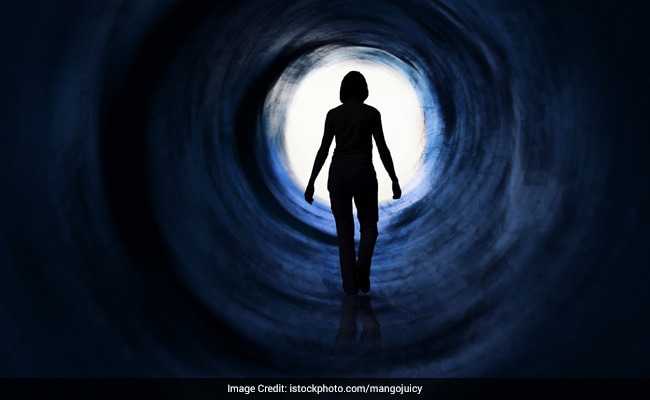Sleepwalking refers to a condition wherein you are walking, eating and doing other activities when you're still in the state of sleep.

Sleepwalking is common among children and in a few adults
HIGHLIGHTS
- Sleepwalking happens when a person goes through various stages of sleep
- People who are prone to it tend to forget the sleepwalking episode
- Sleepwalking is common among children and in a few adults
Has it ever happened to you that you were asleep in your room but you woke up on the couch or perhaps the closet? And the worst part, you don't remember anything at all! Sounds strange, doesn't it? Well, chances are that you were sleepwalking! Sleepwalking refers to a condition wherein you are walking, eating and doing other activities when you're still in the state of sleep. When it's isolated, it does not require any medical attention and does not pose a serious health threat. However, there can be instances where you may end up hurting yourself while sleepwalking. So it is essential for you to get help in case you are prone to sleepwalking.
Also read: Top 4 Drinks That Can Help Induce Sleep
What is sleepwalking?
Sleepwalking happens when a person is going through various stages of sleep. When a person goes from deep sleep to lighter sleep to awakening state, he or she tends to walk. People who are prone to sleepwalk tend to forget the sleepwalking episode. They fail to recall the events of the previous night. Usually, sleepwalking happens in childhood, from four to eight years of age.
Neurologist Dr Praveen Gupta says, "Sleepwalking is a sleep behavior disorder. Medically, it is known as somnambulism. When a person sleeps, the brain paralyzes the body. This is why a person tends to sleep in the same place without many movements. Usually, a person does not leave the bed when he or she is asleep. In some people, during sleep fragmentation, the whole body does not sleep uniformly. So this causes certain people to move when they're asleep. This is known as sleepwalking."

Sleepwalking is common among children and in a few adults
Photo Credit: iStock
"Sleepwalking is common among children and in a few adults. During periods of stress, a person may experience disturbed sleeping patterns due to which sleepwalking takes place. Medically, it is harmless. However, some people end up hurting themselves when they sleepwalk. By adding simple medicines at night, sleep quality can be improved and sleepwalking will cease. Primarily, it takes place due to physical stress like fatigue. It can happen to anyone at any time," he added.
Also read: What Is Sleep Paralysis; Can It Be Fatal?
What are the symptoms of sleepwalking?
Typically, people who are sleepwalking, walk around quietly or try to escape. They open their eyes and stare at everything around them. When questioned, they can be very slow in responding and may not respond at all. Other symptoms can include:
- Sleep talking
- No memory of the events of the previous night
- Screaming
- Violence
- Inappropriate Actions
- Sitting up and staring at the wall
- Sleep terrors
- Feeling sleep-deprived and unproductive during the day due to a disturbed sleep

Sleepwalking is common among children and in a few adults
Photo Credit: iStock
What are the causes of sleepwalking?
Dr. Praveen says that stress is the primary cause of sleepwalking. A person who is going through any form of physical or mental stress is prone to sleepwalking. Besides stress, following are the causes of sleepwalking:
- Sleep deprivation
- Sleep apnea
- A migraine
- PMS
- Arrhythmia
- Night time seizures
- Fever
(Dr Praveen Gupta is the Director and Head of the Department of Neurology at Fortis Hospital)
Disclaimer: This content including advice provides generic information only. It is in no way a substitute for qualified medical opinion. Always consult a specialist or your own doctor for more information. NDTV does not claim responsibility for this information.
DoctorNDTV is the one stop site for all your health needs providing the most credible health information, health news and tips with expert advice on healthy living, diet plans, informative videos etc. You can get the most relevant and accurate info you need about health problems like diabetes, cancer, pregnancy, HIV and AIDS, weight loss and many other lifestyle diseases. We have a panel of over 350 experts who help us develop content by giving their valuable inputs and bringing to us the latest in the world of healthcare.














